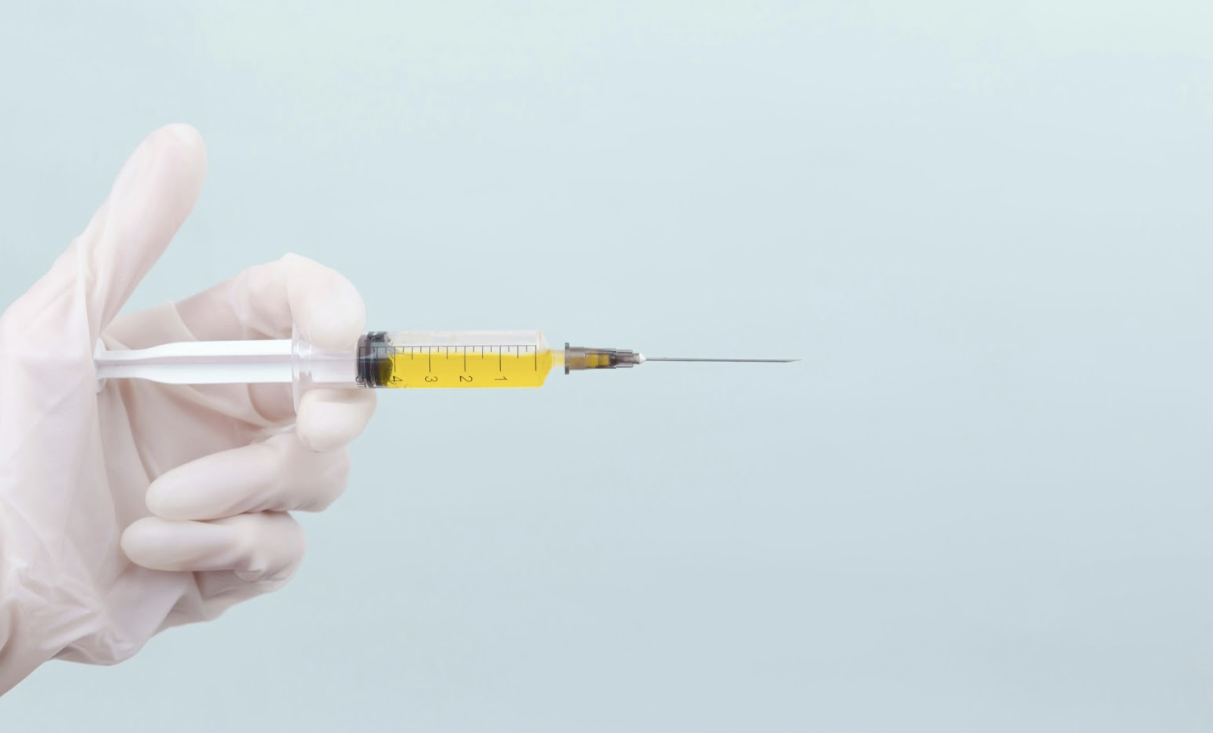Planning a Plastic Surgery Trip: Key Considerations for Medical Tourists
In recent years, medical tourism has seen a significant rise, particularly in the field of plastic surgery. More people are traveling abroad to undergo procedures ranging from cosmetic enhancements to reconstructive surgeries. While the allure of combining medical treatment with travel is compelling, it's crucial to approach this decision with thorough planning and caution. Here are key considerations for anyone planning a plastic surgery trip.
Research the Destination and Medical Facilities
Quality and Accreditation:
The first step in planning a plastic surgery trip is to research potential destinations and their medical facilities. Look for countries known for high standards in healthcare and medical education. Whether you are looking for a hospital in Beverly Hills or any other place, verify that the hospitals or clinics you're considering are accredited by reputable international organizations such as the Joint Commission International (JCI) or the International Society of Aesthetic Plastic Surgery (ISAPS). Accreditation ensures that these facilities adhere to stringent safety and quality standards.
Surgeon's Credentials:
Equally important is the expertise of the surgeon. Ensure that the surgeon is board-certified and has extensive experience in the specific procedure you're considering. Look for reviews, before-and-after photos, and patient testimonials. Many top surgeons are affiliated with international professional organizations, which can be an additional indicator of their credibility and expertise.
Understanding the Procedure
Realistic Expectations:
Before committing to surgery, have a clear understanding of what the procedure entails and set realistic expectations for the outcomes. Consultations with the surgeon should involve detailed discussions about the procedure, potential risks, recovery time, and expected results. This will help you make an informed decision and prepare mentally and physically for the surgery.
Pre-Surgery Consultation:
Most reputable clinics offer virtual consultations. This initial consultation is crucial for assessing your candidacy for the procedure and understanding the surgeon's approach. It's also an opportunity to ask any questions and discuss any concerns you may have. Ensure you provide accurate medical history and information during these consultations.
Financial Considerations
Costs and Savings:
One of the primary motivations for medical tourism is cost savings. Procedures abroad can be significantly cheaper than in countries like the United States or the United Kingdom. However, it's important to consider the full scope of expenses, including travel, accommodation, post-operative care, and potential follow-up visits. Ensure that the cost quoted includes all aspects of the surgery to avoid any hidden fees.
Insurance and Legalities:
Understand the legal implications and your rights as a patient in the destination country. Medical tourism insurance is available and can cover complications or additional medical costs that may arise. It’s wise to invest in such insurance to safeguard against unforeseen issues.
Travel and Accommodation
Travel Arrangements:
Plan your travel arrangements meticulously. Ensure you arrive at least a few days before the surgery to acclimate to the new environment and have pre-surgery consultations. Post-surgery, you'll need time to recover before flying back home. Long flights soon after surgery can increase the risk of complications such as blood clots.
Comfortable Accommodation:
Choose accommodation that is close to the medical facility and provides a comfortable and safe environment for your recovery period. Some clinics offer package deals that include accommodation, which can be convenient and cost-effective. Ensure that the accommodation meets your comfort needs, especially for the initial post-operative period when you may be immobile.
Post-Operative Care
Recovery Plan:
The recovery phase is critical to the success of your surgery. Have a detailed recovery plan, including follow-up visits, medications, and aftercare. Understand the signs of complications and have a contingency plan in place. Reliable communication with your surgeon during the recovery period is essential.
Support System:
Traveling with a friend or family member can provide emotional support and practical help during your recovery. If traveling alone, some clinics offer patient coordinators or support services to assist you through the process.
Cultural and Language Considerations
Language Barriers:
Language can be a significant barrier in medical tourism. Ensure that the clinic has staff who speak your language fluently. Clear communication is crucial for conveying your needs and understanding medical instructions.
Cultural Sensitivity:
Be aware of cultural differences that may impact your experience. Understanding and respecting the local culture can make your stay more comfortable and enriching.
Evaluating Risks
Risk Management:
Every surgical procedure carries risks, and undergoing surgery abroad can add layers of complexity. Evaluate the risks thoroughly and have a clear understanding of the emergency protocols at the medical facility. Know where the nearest well-equipped hospital is located in case of complications.
Legal Protections:
Different countries have varying levels of legal protection for patients. Research the medical malpractice laws in your chosen destination and understand your rights. Having legal recourse is important in case something goes wrong.
Planning a plastic surgery trip requires diligent research and careful consideration of multiple factors. By prioritizing safety, understanding the full scope of costs, and preparing for both the procedure and recovery, you can make informed decisions and achieve your desired outcomes while minimizing risks. Medical tourism can be a positive experience with the right planning and precaution, allowing you to enhance your appearance while exploring a new part of the world.







